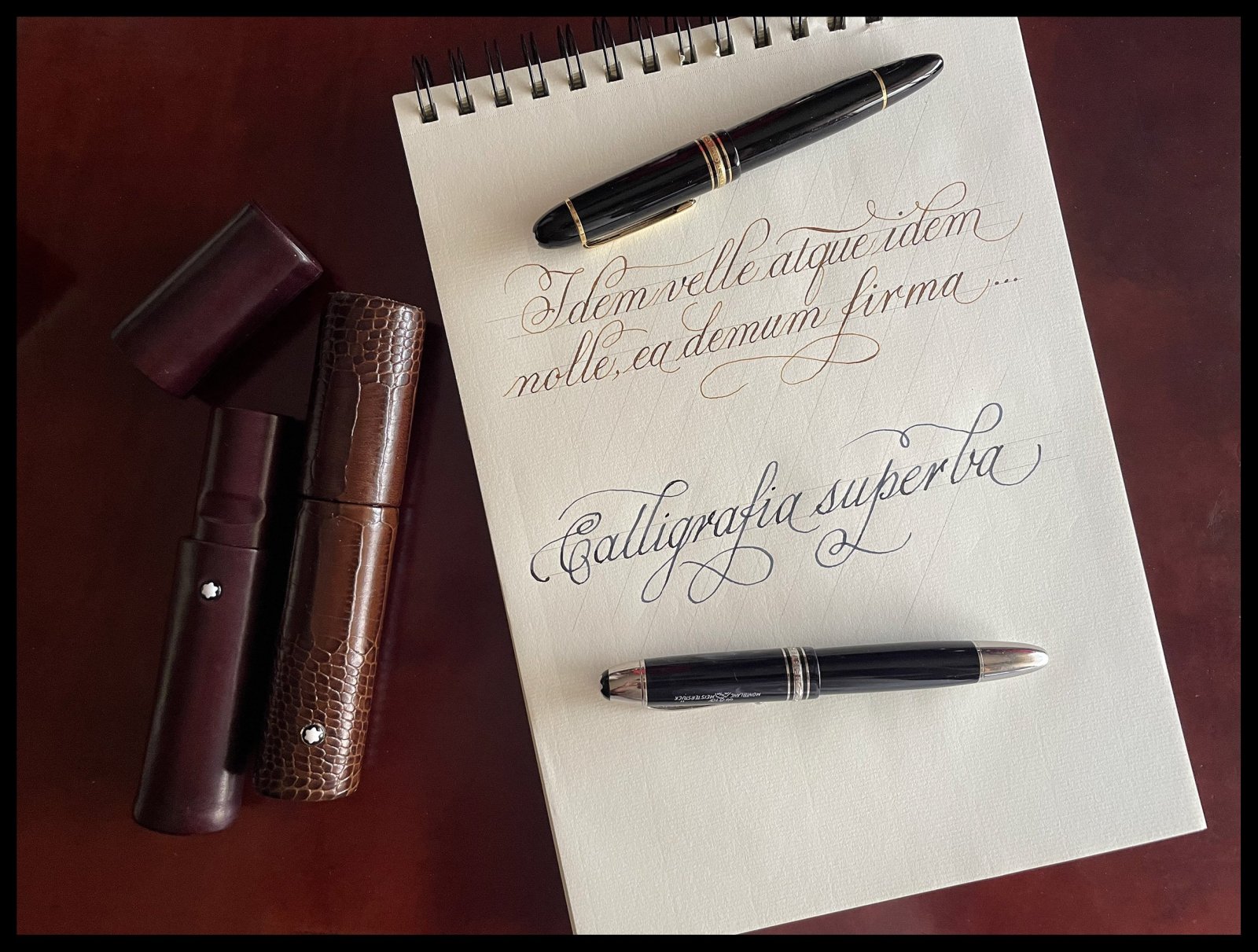Chinese character studies 中文字學
-
Forum Statistics
354.9k
Total Topics4.6m
Total Posts -
Member Statistics
128,073
Total Members18,857
Most OnlineNewest Member
Andrewnet
Joined -
Images
-
Albums
-
USG 7
- By USG,
- 0
- 0
- 87
-
Misfit’s 3rd Album for pens, paper, ink
- By Misfit,
- 6
-
1 -January-Feb 2025 reviews
- By yazeh,
- 0
- 0
- 79
-
Icones Pupulinianae VI
- By fpupulin,
- 0
- 0
- 4
-
Extra Fine Nib Ink Reviews (19 of n)
- By LizEF,
- 0
- 71
- 71
-

















.thumb.jpg.f07fa8de82f3c2bce9737ae64fbca314.jpg)



.thumb.jpg.331e554113c33fb39d5bf3233878978a.jpg)





Recommended Posts